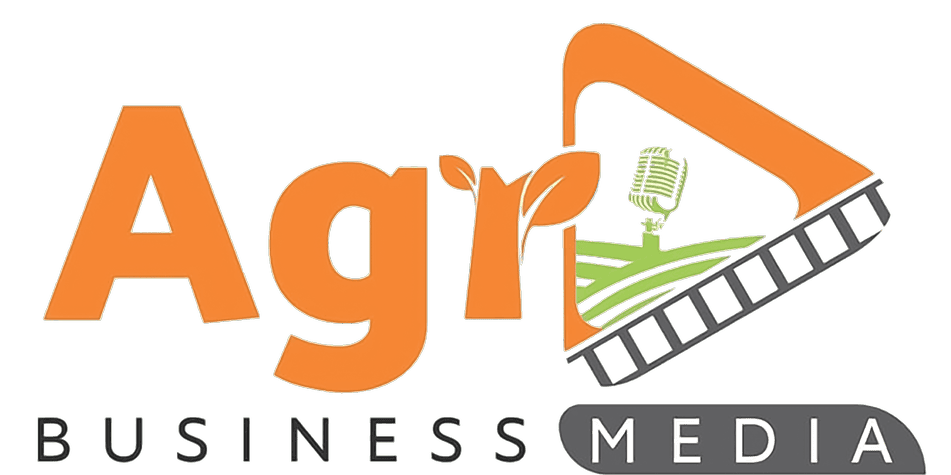In many agricultural sectors, farmers face a daunting challenge—having little to no control over market prices. As "price-takers," individual farmers often sell their produce at prevailing market rates, unable to demand higher prices. This dynamic underscores a pressing issue: the need for farmers to find strategies that increase their market influence and profitability.

Dairy farming thrives on balanced nutrition, and integrating by-products and processed feeds into rations can significantly improve milk yields and overall herd health. These feed options provide essential nutrients and reduce reliance on traditional fodder, offering a cost-effective way to optimise production. Here is a detailed look at commonly used feeds, their advantages, and best practices for their use.

Efficient beef production is not only about raising cattle but also about managing herds effectively to achieve maximum productivity. One of the critical aspects is designing a sound production strategy, especially concerning the timing of calving. This article explores the benefits and considerations of calving just before the rainy season, emphasizing key goals such as stabilizing herd numbers, optimizing weight management, improving reproductive performance, minimizing mortality, and preserving grazing quality.

Water is a critical resource for agriculture, yet its availability is increasingly threatened by climate change and erratic rainfall patterns. To address these challenges, water harvesting has emerged as a vital solution, allowing farmers to optimize water use, increase crop yields, and enhance resilience. This article explores various water harvesting techniques and their practical applications in sustainable farming.

Dear Farmer,
In the rhythm of farming life, trees might seem like an obstacle or just another source of firewood. But before you reach for that axe or chainsaw, let’s pause for a moment to think beyond the immediate benefit. Cutting down a tree isn’t just removing wood from the landscape—it’s removing life, stability, and a connection to the ecosystem that supports your farm and your future.

Choosing the most suitable tillage system for a specific farming operation is a critical management decision. Historically, the intensive use of mouldboard ploughs, discs, harrows, and cultivators was the dominant method for crop establishment and weed control. However, advances in herbicides and tillage equipment have expanded the options available to farmers.

When calves are weaned, they face a critical period of adjustment. Weaning marks the end of milk consumption and often involves separation from the dam. This sudden change in diet and loss of maternal security can lead to post-weaning stress, affecting the calf's growth, health, and productivity. Here’s how farmers can minimize stress and ensure calves develop into strong, productive animals.

Rabbit breeding is a fascinating yet intricate process that requires an in-depth understanding of reproductive cycles, gestation periods, and practical management practices. Whether you're a beginner or an experienced rabbit farmer, mastering these elements is key to maximizing productivity and maintaining healthy breeding stock.

When you spend as much time with livestock as most keepers do, you develop an innate sense of what’s normal—and what’s not. Recognizing the subtle (and not-so-subtle) signs of health and disease in your animals is critical to ensuring their wellbeing and productivity. Whether you're managing a herd of cows, a flock of goats, or a small poultry farm, understanding these indicators can save you time, money, and heartache.

By Learnmore Chiposo | Supra Feeds
High environmental temperatures, often coupled with high relative humidity, are common during the summer season. These conditions can lead to heat stress in layers, which profoundly affects overall flock performance. Significant losses, including high mortality and reduced egg production, are observed when temperatures exceed 33°C. Even mild heat stress, often overlooked, can subtly impact flock performance, leading to losses in egg production and shell quality.

Farm management is the backbone of agricultural success. It blends economics, finance, and practical skills to ensure farming operations are efficient, sustainable, and profitable. From planning and resource allocation to marketing and risk management, effective farm management relies on several foundational pillars. This guide dives into these essential elements, providing actionable insights for farmers seeking long-term success.

By Learnmore Chiposo | Supra Feeds
Summer brings high temperatures, which can cause broilers to suffer from heat or summer stress. This condition arises when there is an imbalance between heat production and heat loss in the birds' bodies. If left unchecked, heat stress can lead to significant losses, including poor growth, low feed consumption, high feed conversion ratios (FCR), and increased mortality. These challenges are exacerbated in high-humidity environments.

Feather pecking and cannibalism are persistent issues in laying hen production systems, often leading to significant losses. Cannibalism typically begins with pecking at fresh wounds on a hen’s body, such as those on the back or excretory channels. Initially, this behavior may seem non-aggressive, appearing as part of the normal feeding behavior.








